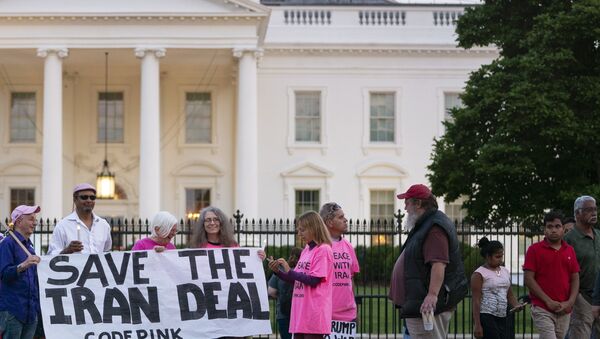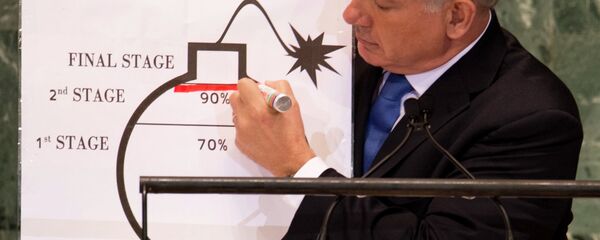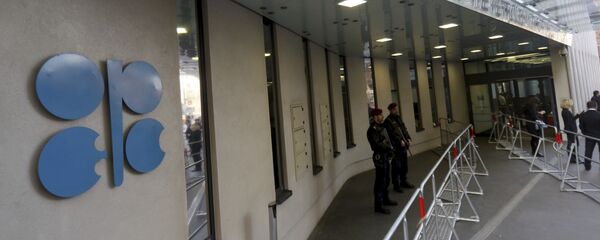"It is likely that, if the JCPOA is salvaged, it will be the non-European countries that keep Iran’s economy growing while the European countries search for a unified strategy against a US pullout decision that all the European leaders opposed," the report stated.
The Joint Comprehensive Plan of Action (JCPOA), the formal name for Iran nuclear agreement, was signed by the five permanent members of the UN Security Council — Britain, China, France, Russia and the US — plus Germany.
The so-called "EU-3" European powers that are party to the deal, Britain, France, and Germany — have been given an ultimatum from Iran to continue purchasing 500,000 barrels per day of Iranian crude, and pay for it inaccessible hard currency.
READ MORE: Enemies Can't Be Trusted, Tehran Won't Yield to Foreign Pressure — Iran's Leader
Fearing the loss of access to the massive US economy and financial system, most European major companies that invested in Iran since 2015 — including French energy firm Total, German industrial giant Siemens, European consortium Airbus, and Italy’s Danieli steel conglomerate — have announced that they will exit the Iran market, the report noted.
European leaders are focused on working around US sanctions, such as by establishing new financial channels to pay Iran for oil or providing trade credit guarantees or economic aid to Tehran, according to the report.
Meanwhile, Iran’s two largest oil customers China and India, which together purchase more than half of Iran’s oil exports, have said that they will not cut oil buys from Tehran, the report said.
The Trump administration has pulled the United States out of the JCPOA and announced re-imposition of nuclear-related economic sanctions on Iran.




